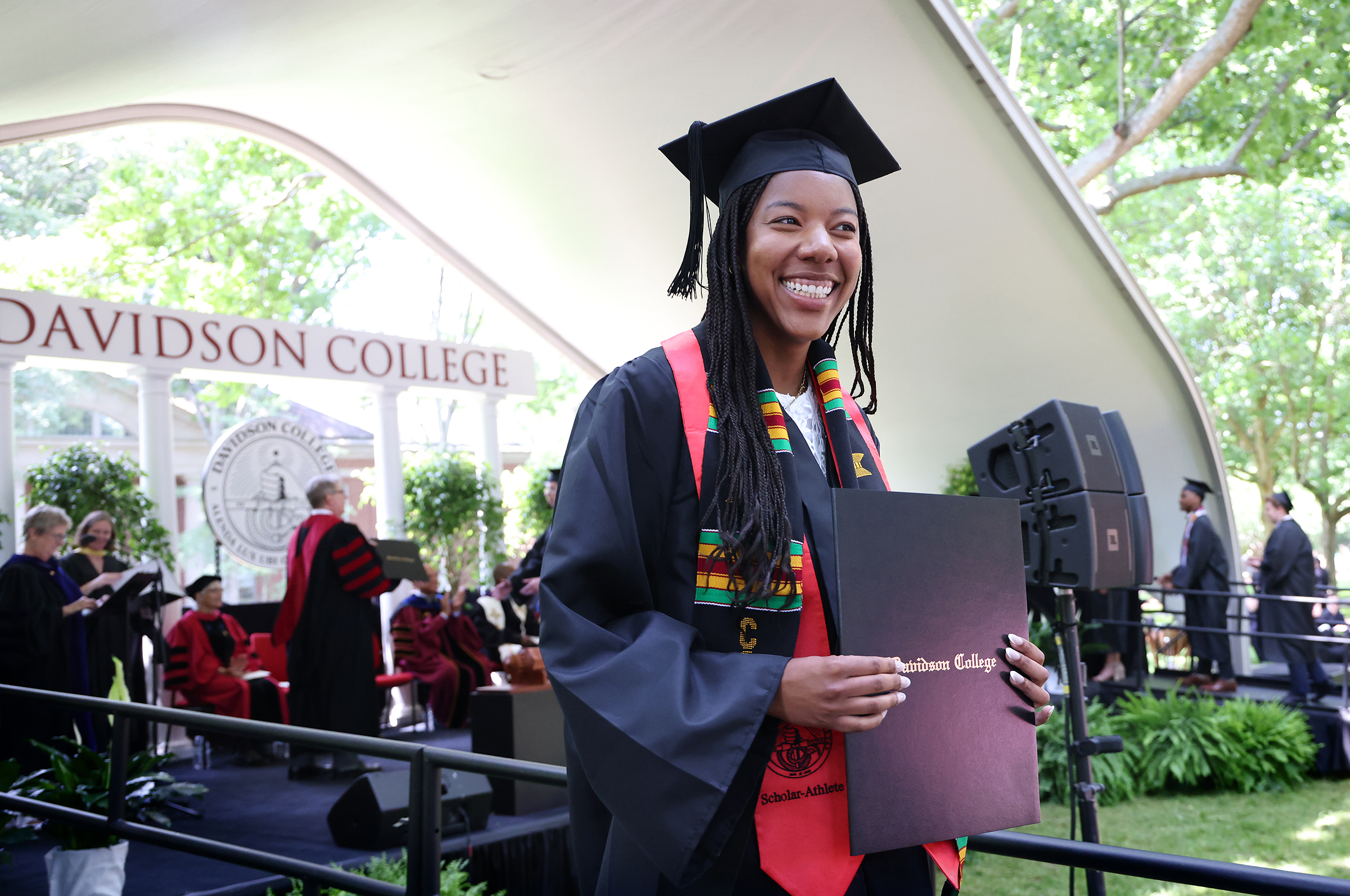Karen G. Hales
Professor of Biology
Education
- Postdoctoral, University of North Carolina, Chapel Hill (Biology)
- Ph.D. Stanford University (Genetics)
- B.A. Swarthmore College (Biology)
Areas of Expertise
- Genetics
- Cell Biology
Background
I am a geneticist and cell biologist who is fascinated by the molecular mechanisms of how cells (and the structures within) are shaped, and how regulation of shaping connects with function. I mentor independent research students in the lab and incorporate elements of research into my classes.
I teach introductory cell and molecular biology as well as upper-level classes in Genetics, including a seminar at the intersections of Genetics with Disability Studies and Gender and Sexuality Studies.
Genetics is a field that is advancing at breakneck speed, and I aim to maintain the most modern view in all the courses that I teach. At every level I enjoy helping students learn to dissect and analyze research literature. I am honored to have been a recipient of the Hunter-Hamilton Love of Teaching Award.
Research
In my lab my students and I perform genetic analysis with the fruit fly Drosophila melanogaster to explore molecular mechanisms by which mitochondria are moved and shaped in cells. Mitochondria are the organelles often referred to as the "powerhouses of the cell," because they are the sites where energy from food is stored in ATP.
In many cell types with unusual energy needs, mitochondria move in a regulated way to be close to energy-requiring structures such as flagella or ion pumps. In addition, mitochondria often undergo regulated fusion and division, sometimes existing as a single large network in the cell, and sometimes as many individual units.
In Drosophila melanogaster (as in most other higher organisms), mitochondria undergo a dramatic series of shape changes during spermatogenesis. Through the analysis of male-sterile mutants defective in mitochondrial morphogenesis, we isolate and characterize genes whose protein products function in this process.
Teaching
BIO 111 Molecules, Genes, and Cells (and lab)
BIO 201 Genetics (and lab)
BIO 269 Genetics, Gender, Disability
BIO 352 Genetics of Mitochondrial Shaping
BIO 363 Human Genetics
